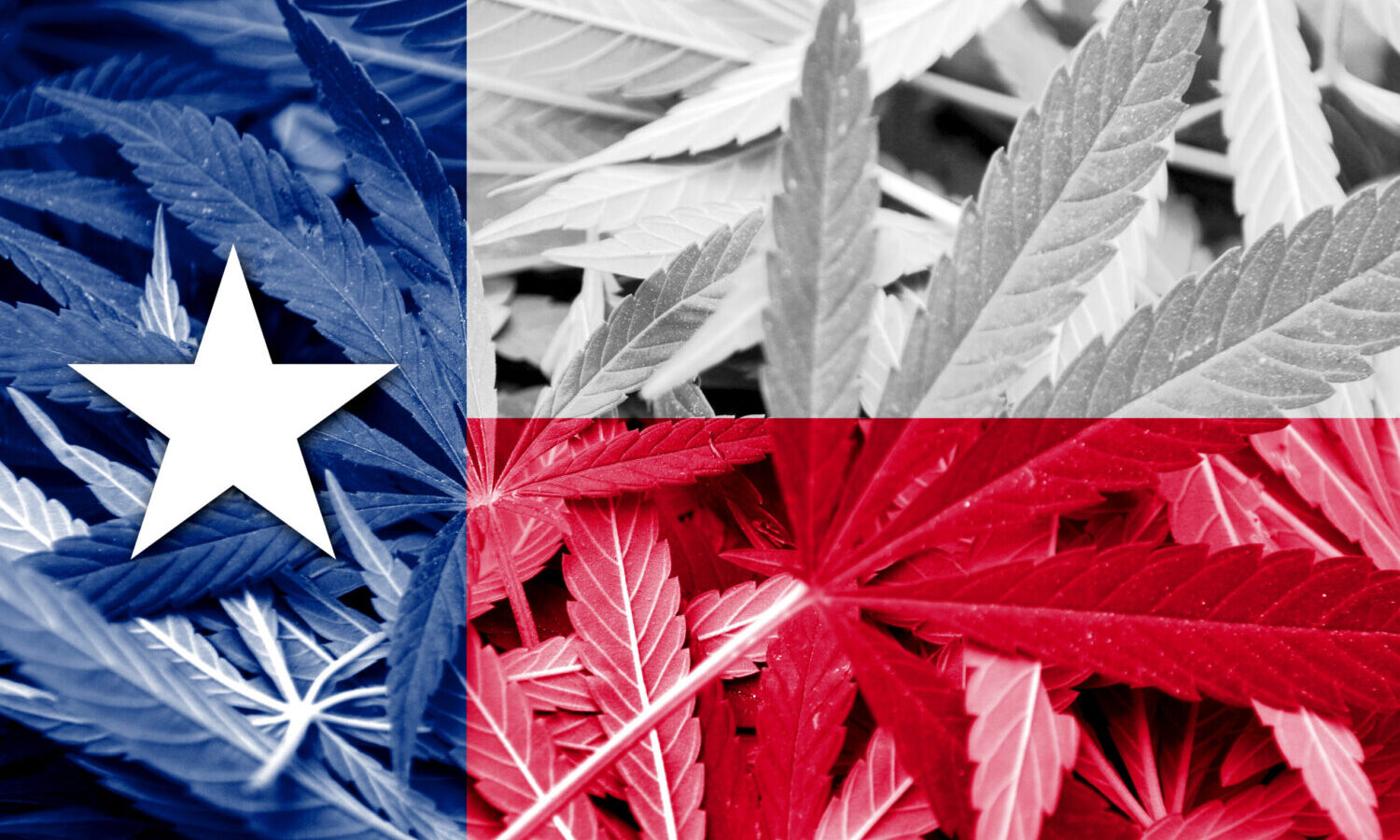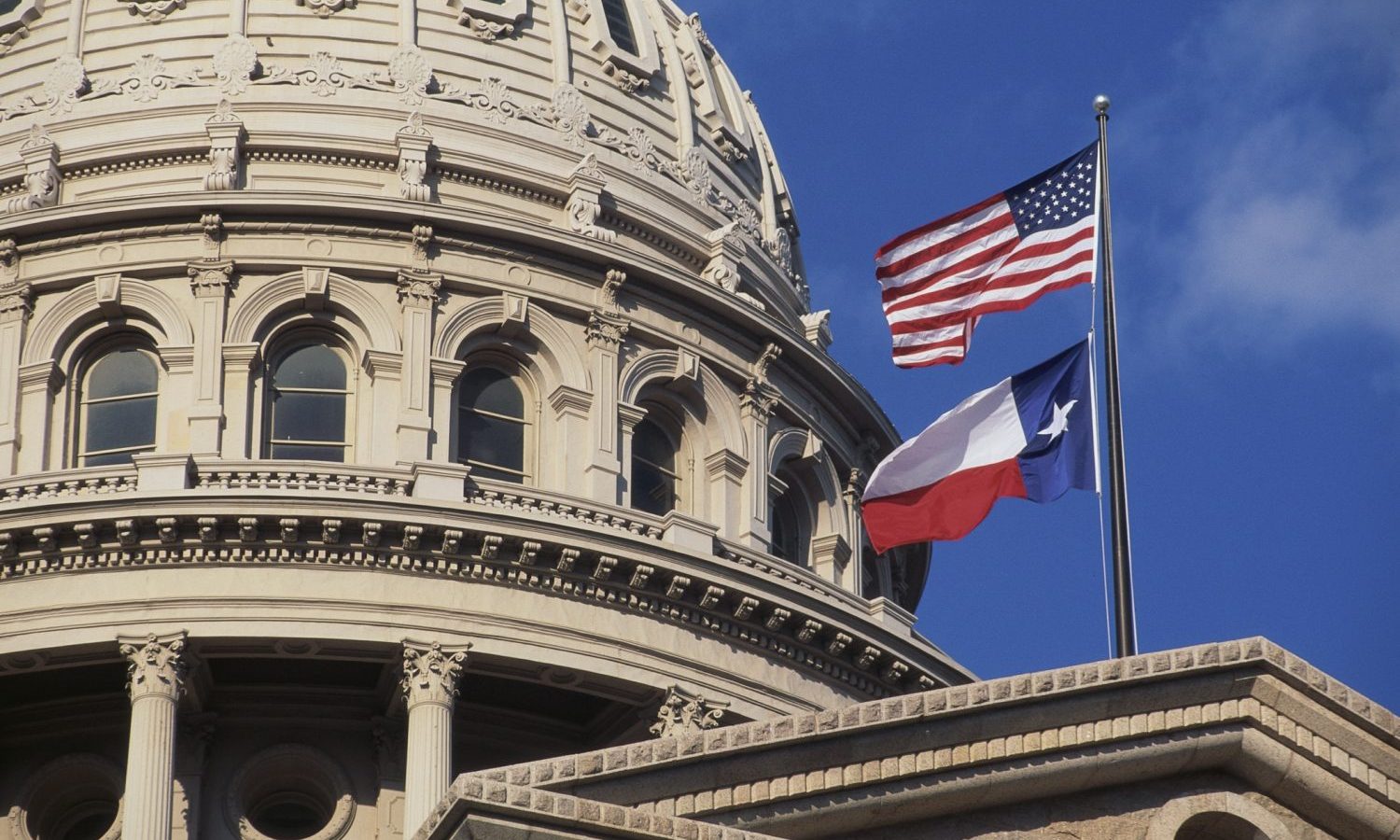
How will cannabis legalization feed into an uncertain Texas election cycle?
Through
Depending on how you perceive the past few months, Texas could be headed for a little liberal reform, or the conservatives could double their dominance.
Ranging from gun tragedies to court decisions to special elections, the past few months highlight a busy and somewhat hazy Texas political landscape heading into November.
Photo by Ruben Reyes from Pexels
RELATED: Weed ban still official Texas GOP stance as marijuana’s popularity grows among residents
The recent back-and-forth leaves most sources uncertain as to where Texas will be after Election Day. However, many seem settled on two issues: Texans are frustrated, and most support legalizing cannabis.
Lots of play with Texas
Regardless of this fall’s outcome, Texas will remain a mostly conservative-led Congress. The state has strong ties to the GOP, with Republican presidential candidates taking over the state in every election since 1980.
However, with frustration running high across the board, changes of some sort could be on the horizon.
February data from the Texas Politics Project listed border security (19%), immigration (12%), COVID-19 (11%), political corruption (9%) and the economy (6%) as the top five voter issues.
The March results of the 2022 Texas Lyceum poll cited border security (14%) as the top area of concern. Inflation, political corruption/leadership and energy prices are all at 9%. Cannabis legalization was not mentioned in the list of 25 concerns.
“From the shaky power grid to access to health care, the economy, endemic corruption and gun violence, troubles are flooding the Texas election cycle,” said Susan Hays, a Democratic nominee for the Department of Agriculture.
Hays said the typical voter is likely to place cannabis somewhere in the middle of their priorities this election cycle.
“But voters keep bringing up cannabis reform as an important issue for them,” she said.
Jax James, NORML State Policy Manager, said cannabis legalization “definitely” falls short of gun and abortion rights, adding that property taxes could also be seen as a higher priority for most Texans.
 Photo by PromesaArtStudio/Getty Images
Photo by PromesaArtStudio/Getty Images
RELATED: Cannabis Boom in Oklahoma, Will Texas Follow?
James said the state’s current surplus could make legalization less of a concern to those outside of attorneys. In July 2021, State Comptroller Glenn Hegar projected that Texas would have a surplus of $7.85 billion for the 2022-2023 biennium.
“The desire for legal market revenue may not be as great as it could be,” James said.
How cannabis policy fits into the discussion
Texans have embraced legalization and now appear to be waiting for key lawmakers to do the same. On the other hand, voters have supported legal market expansion for some time.
“Overall, cannabis is really quite a bipartisan issue here in Texas,” James said.
The June 2021 results of the Texas Politics Projects showed that 60% of respondents favored having small or large. Only 13% opposed any form of legalization.
A May 2022 poll by The Dallas Morning News and the University of Texas at Tyler found similar results. 60% of respondents supported legalizing adult use, with 83% supporting the medical sector. 42% of identified Republicans supported adult use.
Public support hasn’t done much to dissuade Governor Abbott from previous positions. He prefers cannabis to remain a Class C offence.
James blamed Lieutenant Governor Dan Patrick, who has been associated with stifling the reform momentum for several years.
“The governor has actually negotiated with activists to accomplish a lot more than has elapsed,” James said.
Others expressed similar views. “Texans seem to want a more robust medical program, similar to Oklahoma, but the current lieutenant governor will not allow cannabis legislation to go into the Senate,” said Matt Hawkins, founder and chief executive officer of Entourage Effect Capital.
Tristan Seikel is executive director of the non-partisan group Decriminalize Denton, one of the cities that began decriminalization in November. He believes the rise of politics and electoral issues at the local level is a response to stalled efforts at the state level.
“People are organizing more and supporting each other, I think, as a necessary response,” Seikel said.
Proponents of medicine have continued to push for changes to their restrictive marketplace. In 2021, the Texas Compassionate Use Program expanded its coverage to include people with cancer and PTSD. Efforts to include chronic pain were rolled back in the Senate.
Conservatives on the rise
While Beto O’Rourke and cannabis reforms may prevail in November, the state’s conservative grip still appears to be strong.
“I can’t even begin to speculate about how our election will go this year, especially given the recent news of a Republican flipping a historically Democratic district in the Rio Grande Valley,” said Shayda Torabi, CEO of Restart CBD and host of the To Be Blunt Podcasts.
In mid-June, GOP candidate Mayra Flores flipped the typically Democratic seat during a special election.
 Photo by Bo Zunders/Getty Images
Photo by Bo Zunders/Getty Images
RELATED: Texas government says no one should be jailed for cannabis possession despite current law being confused
The state GOP also made waves in June when its new party platform included lawsuits challenging the 2020 election results, condemning gay marriage and calling for the repeal of the 1965 Voting Rights Act. The platform also opposes cannabis legalization, but supports a rescheduling.
With no results for several months, we’ll have to wait and see what will develop. While he waits, NORML’s James reports that he knows of several companies waiting to capitalize on a potentially lucrative Texas market.
Instead of just waiting, she urges these companies to get involved. “The activists are here on the ground doing the work and we need to make sure that the companies and people in power support that work.”
This article originally appeared on Benzinga and has been republished with permission.

Post a comment: